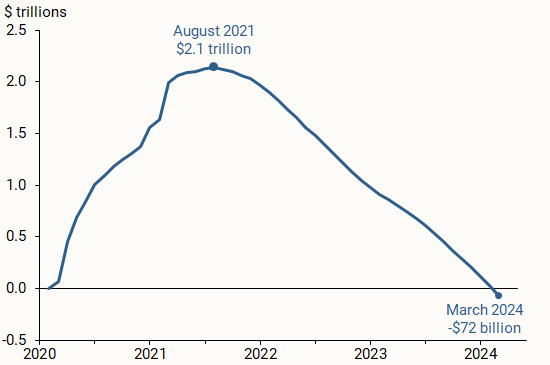Like the market dynamic involving memecoins on various blockchain networks, GameStop (NYSE:GME) stock is heading for its normal range. On May 14th, GME shares boosted the gaming retailer’s market valuation to $14.91 billion. This range was last seen in November 2021.
Now at a $6.57 billion market cap, this translates to a loss of $8.34 billion for GME traders. However, in the year-to-date frame, GME stock still significantly outperformed the S&P 500 (SPX) benchmark at 31.67% vs 11.85% respectively. At the start of the year, GME shares were priced at $17.53 vs current $21.84 per share.
On a 52-week timeline, GME stock is up 119% from the low point of $9.95. The question on everyone’s mind is, could another meme stock rally do a repeat?
Who Pulled the Rally Trigger?
Like in early 2021, Keith Gill, aka Roaring Kitty, rallied the social media capital. From mid-2020 and during GameStop short squeeze 1.0, Gill took to Reddit’s r/WallStreetBets under the moniker u/DeepF**kingValue. He made the case that GME stock is overshorted, expressed as short interest.
People should buy GME stock to force the short-sellers’ hands. Through call options and buying of regular GME shares, retail traders kept doubling GME prices for multiple weeks, forcing short sellers to cover their losses. Melvin Capital lost the good graces of Ken Griffin’s Citadel Securities.
After a three-year absence, the GameStop 2.0 rally coincided with his Twitter return on May 13th. At this point, his timeline had received over 27 million views. Since then, his timeline has consisted of various memes but not much content.
GameStop and AMC Cashed in on the Shorter Short Squeeze
Considering that GameStop lost more value than its current market cap of $6.57 billion, this is a classic game of who holds the bag. On an individual basis, people lack the knowledge of when exactly to buy and when exactly to sell. Several times during May 15th, GME shares reached just over $41 per share range.
Those traders who thought this would continue, possibly to its all-time high of $86.88 in January 2021, are now severely lost. This is a problem of social coordination, even though social networks made the GameStop 2.0 rally happen.
The play is different on the side of companies, though exposed to meme stock trading. On May 17th (Friday), GameStop announced the issuance and sale of up to 45 million new shares, inflating the total GME stock pool to 351.19 million. The filing also noted the following:
“…since January 2021 through the date hereof, the market price of our common stock has seen extreme price fluctuations that do not appear to be based on the underlying fundamentals of our business or results of operations.”
Predictably, this accelerated the fall of the already faltering rally. However, AMC Entertainment Holdings (NYSE:AMC) had a more productive approach. Having already been selling AMC stock before Gill’s reappearance, AMC issued another SEC filing on May 14th to issue 23.2 million shares ($0.01 per share) to gain capital worth $163.85 million.
Accounting for aggregated principal and accrued interest, this puts AMC’s implied value to $7.33 per share.
The company received similar attention in early 2021, going up from $2.91 on May 10th to $6.85 per share on May 14th. Yet, its crash is more muted at the present price of $4.75, up 50% from its 52-week low of $2.38 per share.
A week prior, AMC reported in Q1 2024 earnings a net loss improvement of $163.5 million vs the net loss of $235.5 million in the year-ago quarter. Ultimately, AMC gets to keep the lights on a bit longer.
Memestock Rallies Less Sustainable Over Time?
In May, the Federal Reserve Bank of San Francisco reported the depletion of pandemic savings. Cumulative excess savings went from a high of $2.1 trillion to a negative $72 billion by March 2024.

This chart outlines the retail trading liquidity that effectively erected both the meme stock rally and altcoins’ surge during 2021. As it depletes, the sustained power of meme stock short squeezes is greatly weakened.
Moreover, as more bag holders are out of sync with their market entries and exits, their motivation is likely diminished as well. On a longer timeline, this translates to weaker spikes and more stable pricing levels, regardless of online personalities. After all, Keith Gill’s resurgence is a novelty that is quick to wear off in the age of social media saturation.
***
Neither the author, Tim Fries, nor this website, The Tokenist, provide financial advice. Please consult our website policy prior to making financial decisions.
This article was originally published on The Tokenist. Check out The Tokenist’s free newsletter, Five Minute Finance, for weekly analysis of the biggest trends in finance and technology.
